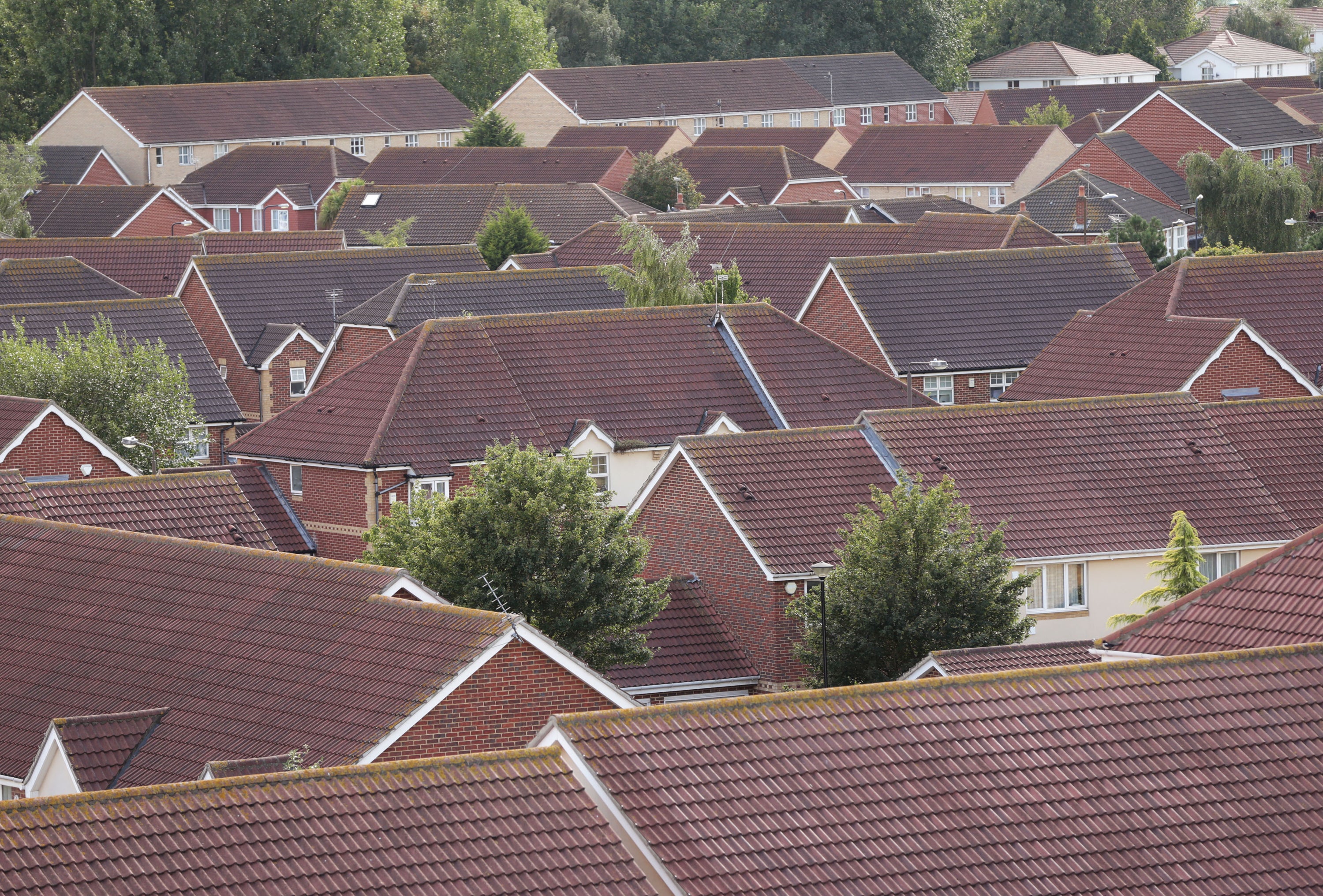£2,540: the cost of doing nothing as mortgage rates tumble
Interest rate war boosts savings for savvy borrowers

It’s the season of mists, mellow fruitfulness and, less romantically, mortgage maturity.
This month, the highest number of fixed-rate mortgage agreements this year will come to an end.
Almost £30bn of home loans will tip from the initial rate to the lender’s default, or standard variable rate (SVR), as the number of concluding fixed rate mortgage agreements spikes.
But with between a quarter and half of all borrowers languishing on the SVR – usually significantly more expensive and in a constant state of flux thanks to being variable – letting things slide costs borrowers more than £490m every year, according to the latest figures that calculate the difference between lenders’ best rates and their SVRs.
In other words, leaving your mortgage to its own devices could mean paying an unnecessary £2,540 extra a year.
The average SVR stands at 3.82 per cent, unchanged since 2020 despite a race to ultra-low rates.
The average two-year fixed-rate offer is 0.90 per cent, down from 1.37 per cent in only 12 months. That means the average saving on a £150,000 loan with 20 years remaining is more than £210 a month, according to mortgage broker L&C.
Last week, price comparison site MoneySuperMarket revealed the number of sub one per cent interest mortgage products had grown by 400 per cent in the past four months, including 16 suitable for first-time buyers and movers.
Meanwhile, the best deals for remortgagers keen to stay away from their lender’s pricey SVR include Santander’s 0.84 per cent offer on properties with a maximum loan-to-value (LTV) of 60 per cent. With an outstanding mortgage of £150,000 with 20 years remaining, that means a monthly cost of £679.
Even five-year fixed rate best buys come in under one per cent. HSBC offers a 0.94 per cent loan on a 60 per cent LTV, L&C suggests, with costs coming in at £686 a month.
As ever though, the best deals come to those who can afford them. To be in line for one of the cheapest mortgages in years, you’ll need a robust budget that a lender can examine in detail and a healthy credit score.
“Before applying for a mortgage, get a copy of your credit report. This will allow you to see what lenders see when they review your application,” says Jo Thornhill, money specialist for MoneySuperMarket.
“If your credit rating isn’t looking that great, there are lots of simple things you can do which can give your score a boost. For example, check you are on the electoral roll and close down credit card accounts which you no longer use.”
Most lenders will also want to see that your financial position is stable in other ways, including that you’ve been with your employer for a decent length of time before they’ll give you a mortgage. So if you’re thinking of switching jobs, hang on until your mortgage is in place. Usually, it’s a good idea to have been in your existing job for several months before applying.
Today’s best buys are only really available for those whose loans are worth 60 per cent of the property’s value or less.
“The more you can save up to put down as a deposit, the bigger the choice of mortgages that will be available to you. Lenders reserve the best rates for those with hefty deposits, so you’ll also benefit from lower monthly payments because you’ll have qualified for a better deal,” adds Thornhill.
“If you’re re-mortgaging or preparing to re-mortgage, look carefully at your loan-to-value ratio. If you’re close to dropping into a lower threshold, consider whether you can pay a small lump sum.
“Doing so could make a range of new deals available to you with lower interest rates – something that could save you thousands over the term of your deal.”
Finally, if Covid-19 hasn’t already helped do it for you, minimise your debts. This will help demonstrate that you manage your money responsibly and will mean any mortgage application you make is more likely to succeed. It could also mean you’re eligible to borrow more when it comes to a lender’s affordability calculations.
Subscribe to Independent Premium to bookmark this article
Want to bookmark your favourite articles and stories to read or reference later? Start your Independent Premium subscription today.

Join our commenting forum
Join thought-provoking conversations, follow other Independent readers and see their replies